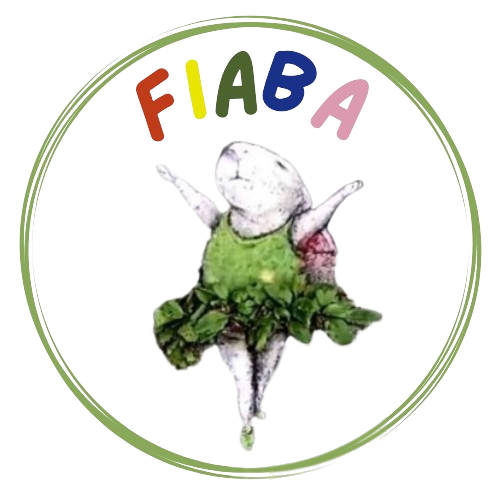IMAGO7 Foundation research projects
NICI
The project “Non-Invasive Chemistry Imaging (NICI)” aims at studying human biology using non-invasive techniques of chemisty imaging, merging metabolomics and MR imaging to allow the detection of metabolic biomarkers for the dynamic study of biochemical processes of the whole human body. It particularly focused on 31P spectroscopy of the liver.

QTI
Development of quantification methods based on transient-state imaging for the characterization of microstructural properties of tissues, in combination with the use of Artificial Intelligence algorithms for the improvement of image quality.
FiRMLab research projects

FIABA
The aim of the project “The Fingerprinting of Inherited leukoencephalopathies: A new Brain imaging, genetic and clinical Assessment (FIABA)” is to study white matter disorders in pediatric patients using advanced quantitative MR technique at high (3T) and ultra-high field (7T).
Logo based on the drawing by David Zinn
MITI
The project “Non-ionizing Metabolic Imaging for predicting the effect of and guiding Therapeutic Interventions (MITI)” aims at developing a technology for metabolic imaging and validated it in different clinical applications: liver metastases, lung tumors, cardiac diseases and muscular disorders.
QUIERO
The project aims at optimizing and characterizing quantitative techniques such as Electrical Properties Tomography (EPT) e Magnetic Resonance Fingerprinting (MRF) to detect pathological biomarkers and favour the translation of these approaches to the clinical practice.

GR: INN DB project
Young inverstigators grant funded by the Italian Ministry of Health for the identification of imaging and neuroinflammation biomarkers using data-driven Artificial Intelligence techniques. The project aims at solving the issue of the heterogeneity of elderly patients at risk for dementia to be able to identify specific preventive strategies.

GR: MRF project
Increasing diagnostic power while reducing scan time: does MR Fingerprinting meet the expectations?
To reduce scan time and sensitivity to patients motion which limit MR efficacy, a new method called MR Fingerprinting (MRF) was proposed. It provides 3D quantitative maps with reduced motion sensitivity in about five minutes at a standard spatial resolution. However, a demonstration of MRF efficacy in the clinical practice is still missing. This project aims at evaluating it on a cohort of adult and pediatric patients.
IDEA Pediatric network
The IDEA Pediatric network was founded in 2017 by the Italian Ministry of Health to promote and protect the health in childhood and adolescence. The network support the scientific and technological research focused on the health in developmental age.
RIN – Italian Network of Neuroscience
The RIN is the biggest italian network in the field of neuroscience. The acquisition of big amount of data in different sites and their aggregation would enable the use of quantitative MR images for personalized medicine. However, the heterogeneity of MR scanner and the lack of standardized acquisition protocols limit this possibility. For these reasons, the RIN aims at the harmonization of neuroimaging protocols and the evaluation of data reproducibility in order to boost the diagnostic and prognostic power of MR biomarkers.





